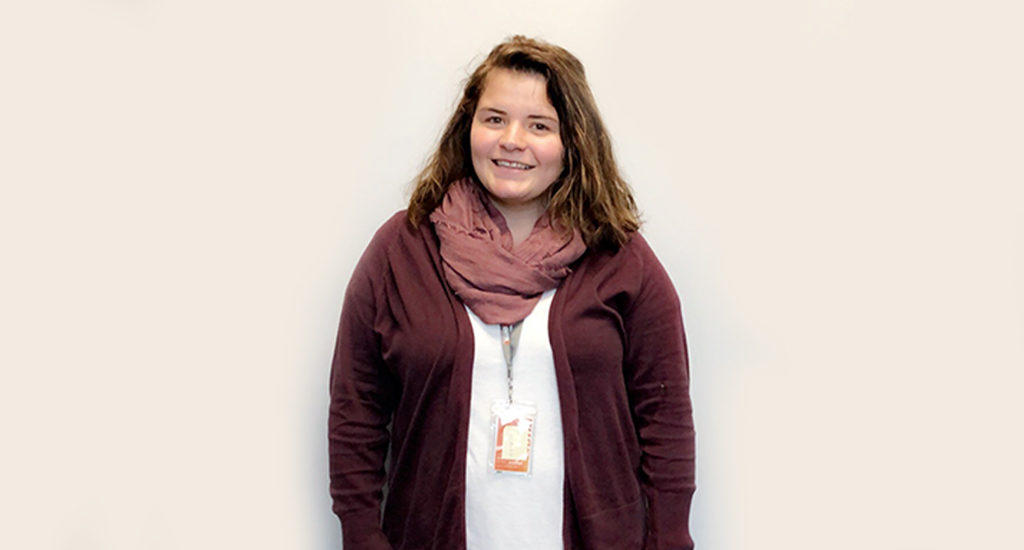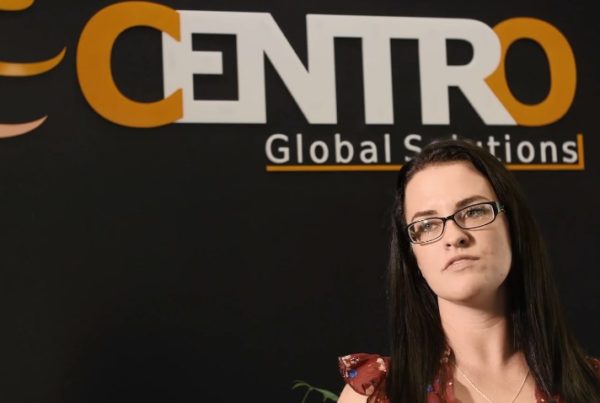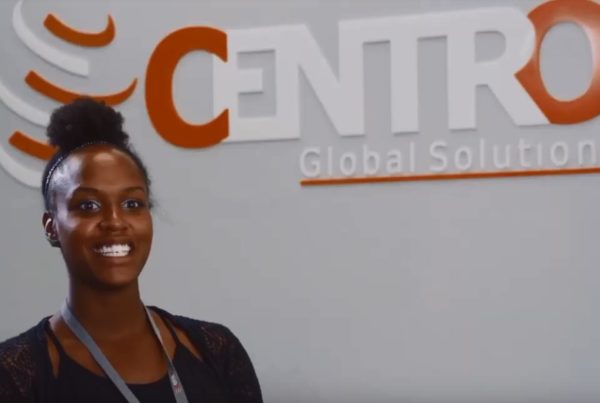
CMAs Improving Health and Saving Lives
Our Certified Medical Assistants (CMAs) provide continuous support and monitoring of patients and help them through the hardest time of their life. They encourage them to live healthier, educate them on how to take control of their own health, and listen patiently and empathetically to all of their worries, fears, concerns, and even sometimes suicidal thoughts. Katelyn shares her experience on how rewarding her job is, and takes pride in knowing that she helps save lives of people that might have no one else to talk to.
Katelyn Gasch, is a Certified Medical Assistant in Centro Healthcare. She provides continuous support and monitoring of patients to and bridge the gaps in Care Coordination between patients and doctors.
1- Why did you choose to become a CMA?
I chose to become a CMA to further my education and have more hands on care with patients, because as a phlebotomist we aren’t able to do much in the ways of hands on care.
2- What does your job entail?
I call patients once a month, which have 2 or more chronic conditions and discuss different aspects of their health to help them maintain a better healthy life style.
3- What skills and qualifications are necessary?
You must have previous medical experience and attention to detail as well as be an active listener in order to help the patient and able to adapt to change since medical field is in a constant innovative change.
4- What’s the best thing about your job?
The best thing about my job is being able to speak to the patients that don’t really have anyone else in their lives and hearing the joy in their voice knowing someone cares about their health and guiding them to be successful.
5- How do you think you help patients?
The way I help the patients is by mentally encouraging them to be healthier as well as supporting them emotionally at times.
6- Do you like patient care and working with people?
There is a certain sense of pride that you get when you are able to assist patients in doing better with their health and helping them do things that they may not be physically capable of doing themselves anymore.
7- How meaningful and rewarding is your job?
My job is very rewarding in the way of if there is an issue most patients don’t want to contact their provider because they feel like they would be a bother to the doctor, with us we are able to help them through it and let the provider be aware of what is going on.
8- How does your job affect care coordination and closing the gaps in care that are under-met by physicians or practices?
Most patients only see their provider every three to six months, with what we do we can see how the patients’ health is once a month and let the provider know if there was any changes.
9- What feedback do you get from your patients?
The patients are normally pretty pleased about getting a monthly call from us. They like knowing that we care about how they are doing both mentally and physically.
10- How do you connect with your patients?
The very first thing we do with each patient is get to know them, we ask about family and hobbies, to build a bond with them.
11- Are there any challenges you face? If yes, how do you overcome them?
Most of the patients we talk to are elderly and it is hard to hear that they are alone or that they don’t have anyone besides us to talk to. Sometimes that loneliness can make them have suicidal thoughts, which is the hardest part. Talking to them every month and trying to help them through the hardest time of their life is both rewarding and stressful.





